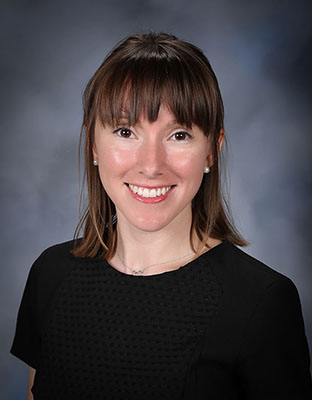Physics teacher Tiffany Wu persists challenges as a woman in STEM

Tiffany Wu
Physics teacher Tiffany Wu perseveres as a women in STEM.
November 13, 2021
Mrs. Tiffany Wu is no stranger to hard work and persistence. As one of three girls in her year to graduate from UC Davis with a degree in Physics, Wu has experienced being a woman in a heavily male-dominated field.
Now, as she works as a Physics teacher at Dougherty Valley High School, she uses her experiences to the benefit of her students, while continuing to overcome the challenges her career has thrown at her.
With Physics having a reputation of being a notoriously difficult subject, The American Institute of Physics found that in 2018, only 0.46% of all Bachelor’s degrees were awarded in Physics, an increase from prior years. So what causes someone to take up such a tough major and successfully graduate with not one, but two, degrees? For Wu, pursuing Physics was the middle ground between doing something she loved and hated.
“I decided to pursue Physics because my high school counselor told me that if I major in math, which was my favorite subject in high school, my whole life would be working behind a computer. And I hate computers,” Wu said.
Her passion for Physics would ultimately allow Wu to persist through the challenges that come with being a woman in STEM.
With much of her college experience consisting of attending lectures, which her male peers dominated at a ratio of around 45 to one, Wu struggled to gain the respect of her classmates.
“You hear people say things to you like, ‘you’re only here because you’re a girl’, or they automatically think that you don’t know what you’re talking about. Or you get a lot of unwanted attention that you’re not looking for,” Wu reflects with a light shrug, conveying how accustomed she has become to these experiences that they no longer faze her.
Having to be mindful of where she sat at the school’s Physics library in order to avoid harassment is something Wu remembers to this day. The challenge of being respected and heard as a woman in Physics followed her beyond college. During her two-year job as an optical engineer at Facebook, Wu faced harassment from coworkers. She still has men who question her capabilities and admits that she herself is continuing to learn to deal with this far-too-prevalent issue.
Gaining the respect of the men surrounding her wasn’t the only challenge Wu faced. After the deaths of her two best girlfriends during senior year of high school, and having to spend most of her time in college working with men, Wu struggled to reconnect with women.
“I think [majoring in Physics] isolated me from a lot of female relationships that I really hungered for,” Wu says. “It was difficult to make those female friendships again.”
With society progressing and the idea of women in STEM increasingly normalized and encouraged, Wu has begun to overcome this challenge. At Dougherty, the ratio of male to female students has begun to approach 1-to-1 in a few of Wu’s Honors Physics classes.
Wu mentions that sharing her struggles with Ms. Rym Hannachi, her first female coworker in a school’s science department, has also been helpful. Having both pursued Physics in college, their similar paths not only made it easy for them to connect, but have also helped in shaping the Physics courses at Dougherty where disparities, specifically in AP Physics, still exist.
“Being able to share our experiences of being one of few women [in a Physics class] is definitely helpful when designing our curriculum and thinking about what experiences we want to make sure our students have,” Hannachi says.
Despite the challenges, Wu recalls, without hesitation, that there wasn’t a single time she wanted to quit. Wu’s ability to persist is what allows her to understand the world around her, a skill she strives to instill in her students.
“I’m always being challenged in class and pushed to ask questions and actually understand the process, not just memorize a formula,” Dhiya Arvind, a student in Wu’s fourth period Honors Physics class, commented.
Wu’s biggest goal is for her students to ask the right questions. Without asking the right questions, one has no shot at getting the right answer. Understanding the process and working through different trials helps students build skills necessary for evaluating the way the physical world works.
In terms of Wu’s personal experience with professors in colleges, she interacted with several, but her math professor still stands out to her. Faced with difficulty on a couple of concepts, she sought his help during office hours.
“I sat down, and he offered to make me tea. I didn’t want to bother him, but he told me ‘it would be an honor to make tea for you,’” Wu remembers. “I felt like a person instead of a number.”
Wu’s experiences now reflect in her teaching style. Her philosophy is to be encouraging to all of her students and always acknowledge every person’s individual story.
“She always has a bright personality, and treats us with respect,” Anushka Bora, a student in Wu’s fifth period Honors Physics class, says. “Since I want to potentially pursue a career in STEM, having a teacher like Mrs. Wu helps.”
While Wu may already be a master at examining the physical world, her journey with understanding and dealing with the challenges that were thrown at her has allowed her to become a conscientious teacher, able to inspire the next generation.
